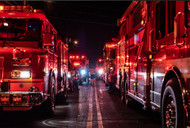Firefighter Sleep Problems and Five Tips for Better Rest
Jun 15th 2023
Firefighters work one of the most physically and mentally demanding jobs in emergency services.
With approximately 42,180 calls 1 coming in every hour throughout the United States, there’s a great chance that you’ll receive an emergency call in the middle of the night. This alertness can quickly alter your sleeping patterns and habits.
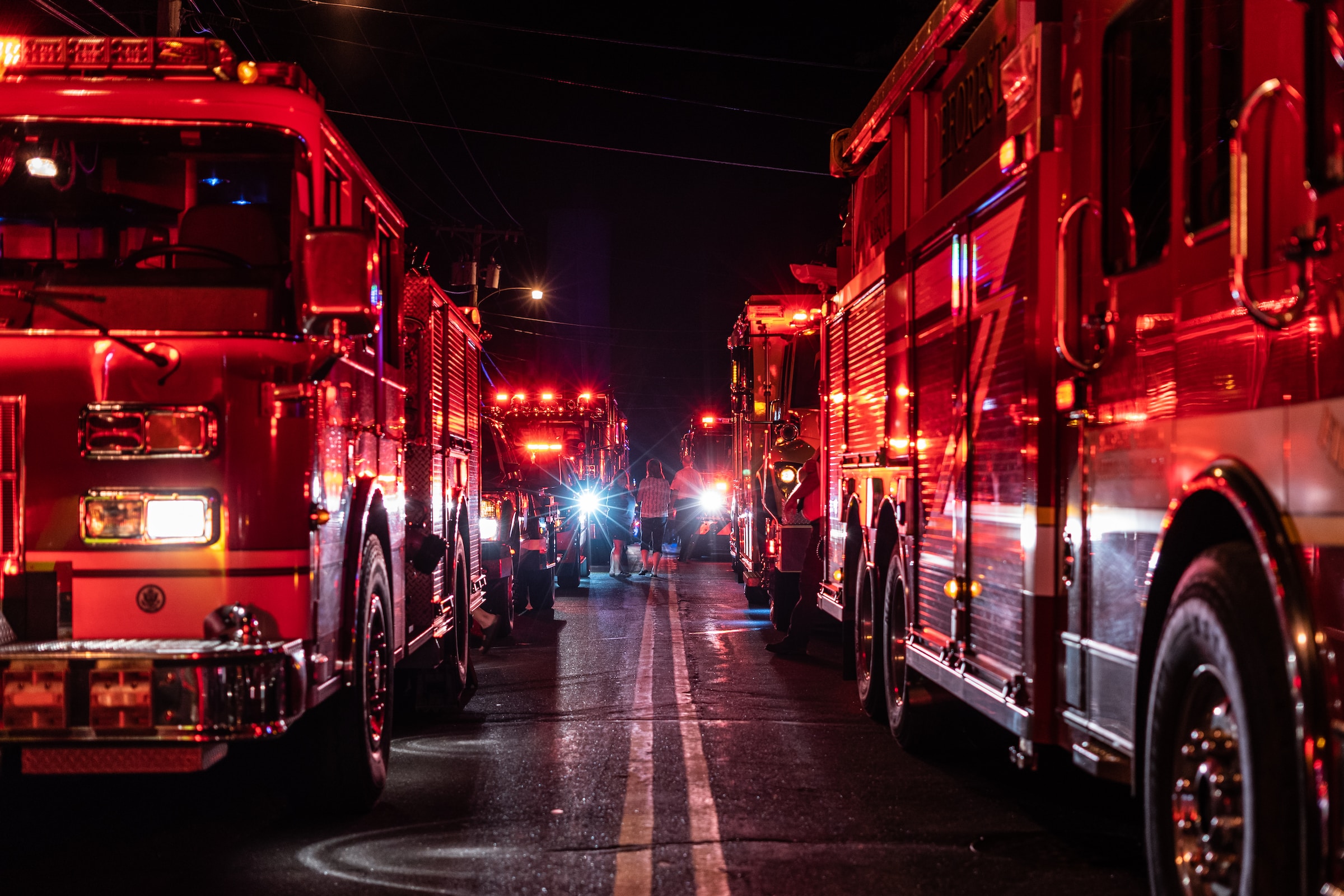
Firefighters often push through the lack of sleep while their adrenaline helps keep them focused, but over time even this natural chemical response loses its potency. In fact, a 2015 study pulled information from 6,933 firefighters throughout the United States and discovered that 37.2% of firefighters 2 suffered from various sleeping disorders.
Why should firefighters concern themselves with their sleep habits, and how can they get better rest? Read on to find out.
Why Do Firefighters Have a Hard Time Sleeping?
Sleep problems can vary from insomnia to restless leg syndrome, while others may lie down after a rough day and revisit the events in their mind. When a firefighter can’t sleep, they lose valuable health benefits such as a better immune system and improved mental function. Much of a firefighter’s job relies not just on their physical strength, but their mental acuity as well, making sleep a necessary activity.
Some of the most common reasons a firefighter might suffer from sleeplessness include:
Long Shifts

One of the top sleep issues noted among firefighters includes shift work sleep disorder, also called work shift disorder. A firefighter’s sleep schedule 3 often gets interrupted with emergency calls, breaking into the natural circadian rhythm of the mind and body and making it difficult to sleep during normal hours. In addition, the long shifts - often 24 hours at a time or longer - can cause sleep deprivation due to firefighters attempting to stay on the alert for incoming calls.
Chronic Anxiety
Chronic stress and anxiety can come from sleep disorders, but also cause sleep disturbances. Everything from nightmares to insomnia can originate from the stress of a long day, or the anxiety of wondering what will happen while on your shift. Some firefighters also struggle with undiagnosed PTSD (post traumatic stress disorder) 4, making it difficult to sleep while also dealing with general mental unwellness.
Undiagnosed Sleep Disorders
A common culprit behind firefighter sleep problems is an undiagnosed sleeping disorder. Some sleep disorders may have been brought on by the job, but some firefighters have a natural sleep disorder that worsens with poor sleep. Examples of firefighter sleep disorders can include insomnia, narcolepsy, sleep apnea, or restless leg syndrome.
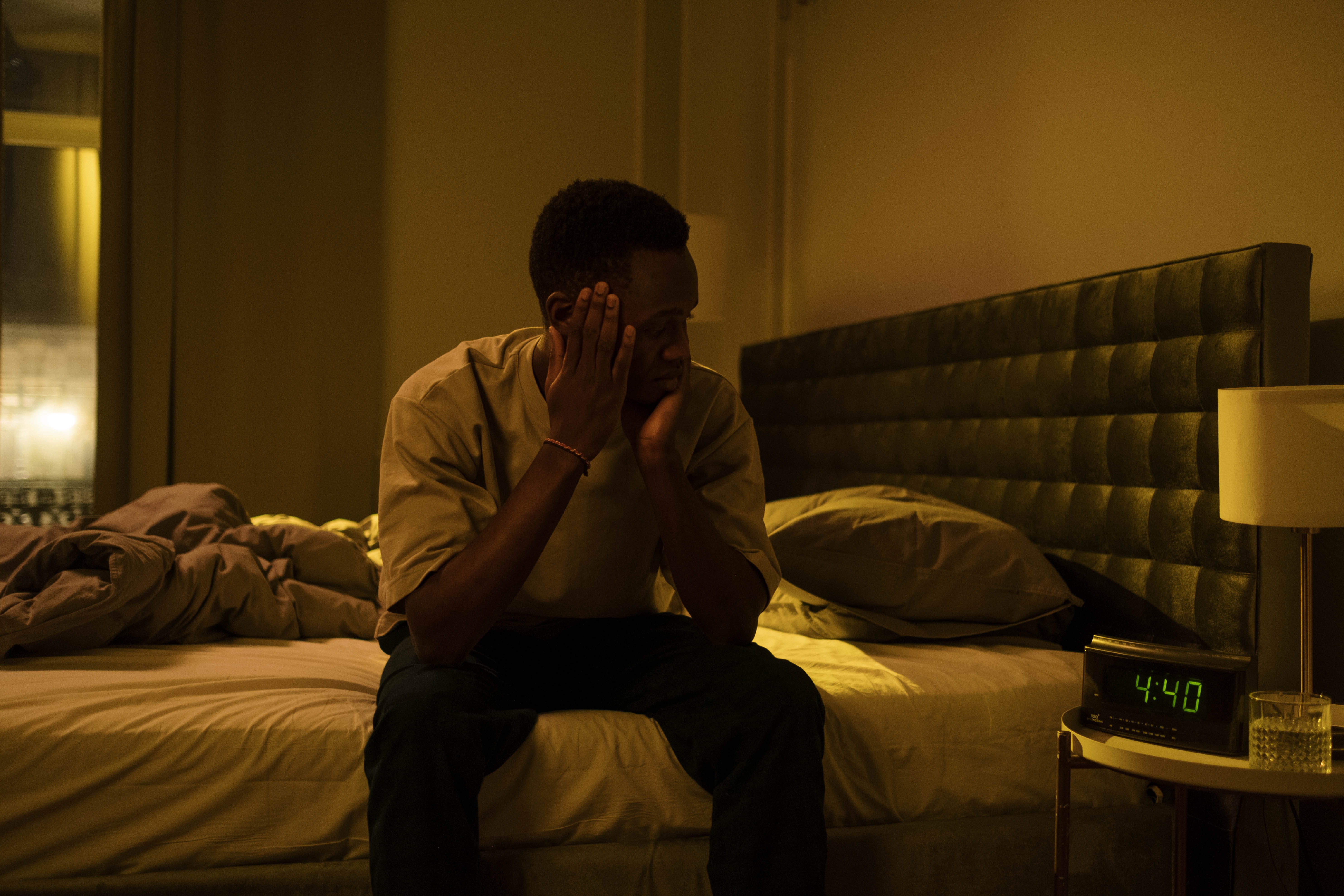
Symptoms associated with firefighter sleep disorders include:
- Feeling like you’re always tired
- Heightened anxiety or stress
- Difficulty staying asleep
- Difficulty falling asleep
- Excessive sleepiness
Some people suffering from sleep disorders might notice an increase in irritability, impaired mental performance, or muscle aches and weakness, all problems that a firefighter definitely doesn’t need.
Uncomfortable Sleeping Quarters
Fire department sleeping quarters come in many shapes and forms. Whether you sleep in an open dorm or semi-private space, everything from a lumpy mattress to the sound of your bunkmate’s snoring can prevent you from a good night’s rest. While many fire stations try to address the most immediate needs for sleeping quarters, an uncomfortable environment can make it difficult to get adequate sleep.
Poor Sleep and Its Effect On Your Health
Lots of studies on the subject agree: Good sleep equals good health 5. A firefighter suffering from a lack of sleep can make mistakes, suffer from physical and mental health issues, and become a nuisance to their fellow firefighters. Some of the many health conditions brought on by firefighter sleep problems include:
Obesity
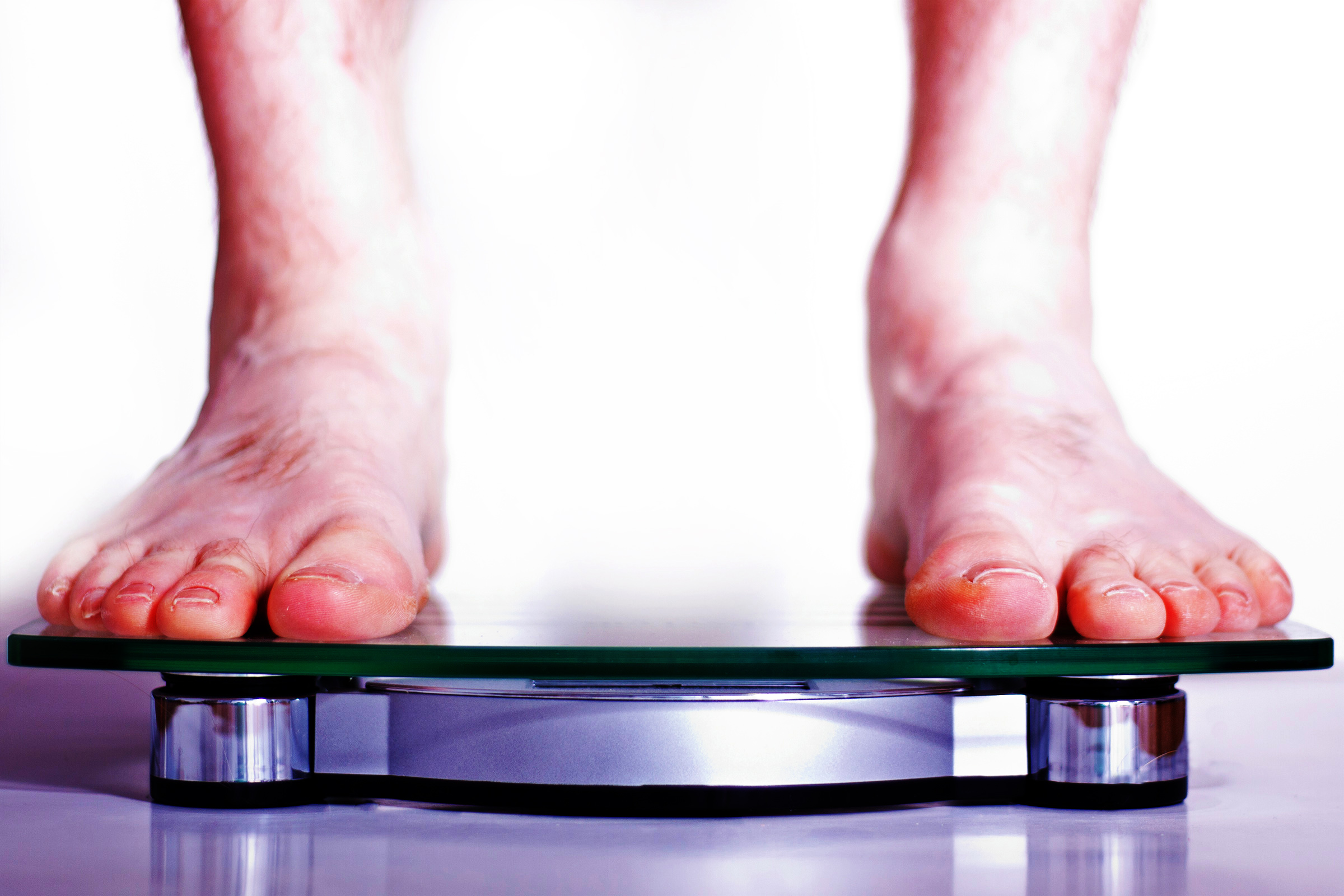
Studies performed in 2005 and 2006 found that 70% of American firefighters 6 are overweight or obese. While part of this problem rests on the shoulders of diets at fire stations, poor sleep also contributes to the issue. Whether eating out of boredom due to being unable to fall asleep or making up for sleepiness with sugar and caffeine, weight gain plagues firefighters in every state.
Depression
Firefighters struggling with sleep problems may eventually fall into a depression. Besides worsening sleeplessness, depression manifests in mood shifts, restlessness, and clouded thinking. Fighting depression can take just as much mental effort as fighting a fire, and firefighters can address this problem safely and privately before it takes a much darker turn.
Poor Physical Health
Many of the same problems that contribute to obesity can also cause other physical medical issues, including:
- Strokes
- Diabetes
- Hypertension
- Kidney disease
- Cardiovascular disease
Besides making your life more difficult, these health conditions may one day come between you and your firefighting career if left unattended.
Poor Mental Wellness
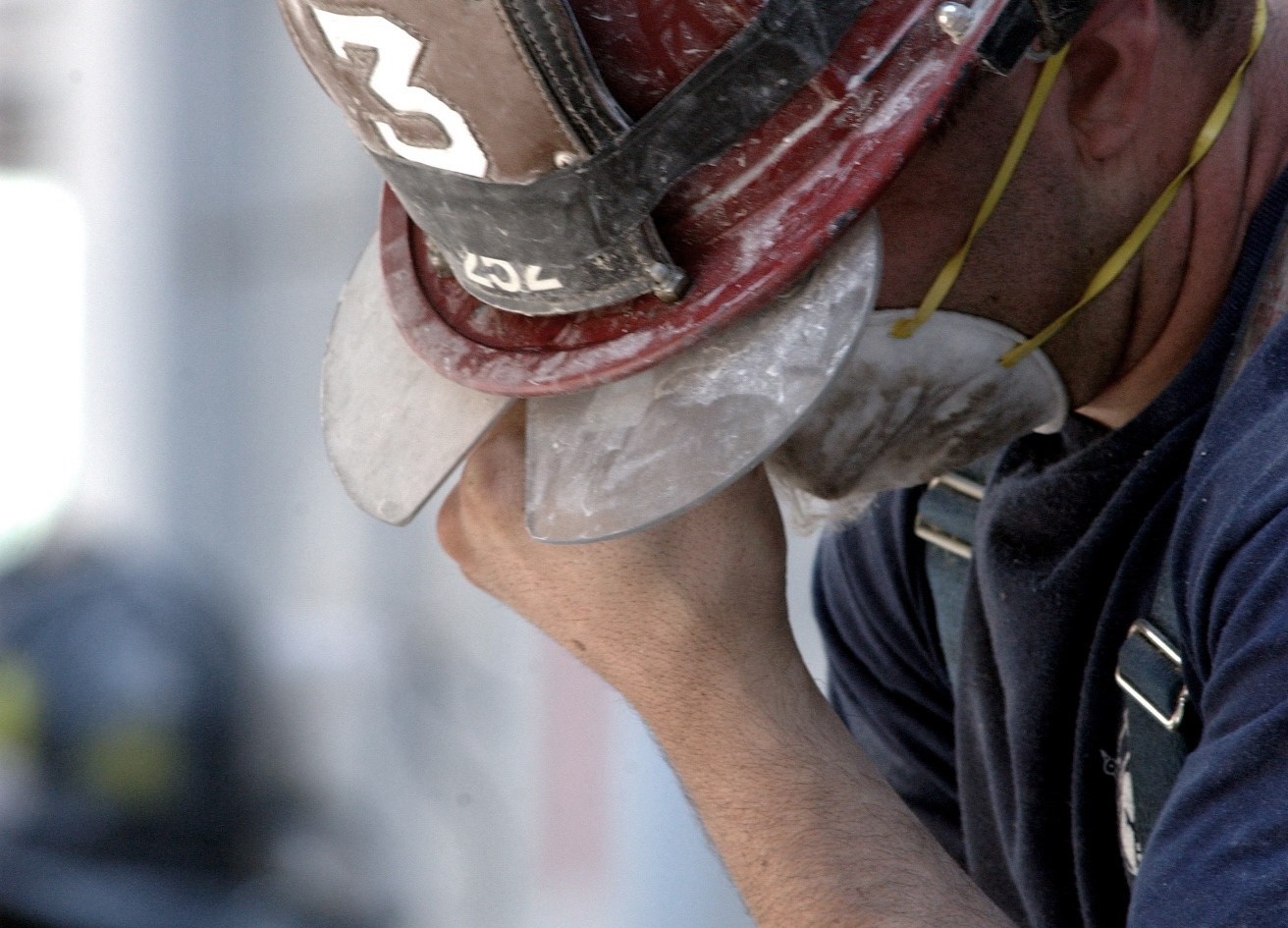
Depression is one of the most common mental problems associated with the lack of sleep a firefighter suffers, but other mental conditions may also occur, including:
- Paranoia
- Irritability
- Delusions
- Memory loss
- Slow thinking
- Hallucinations
- Poor decision-making
- Increased recklessness
Higher Chance of Physical Injury
The combined forces of physical and mental problems caused by lack of sleep work against you when you respond to a call. Firefighters need to stay sharp and use their physical strength to help them safely navigate the dangerous situations they face, but cloudy thinking and exhausted muscles endanger even the most seasoned emergency responders. From losing your footing to slower muscle response, it’s much easier to sustain an injury while on a call if you suffer from firefighter sleep problems.
Five Tips to Improve Firefighter Sleep Problems
Since many of these sleep problems can follow a firefighter home, it’s important to understand how you can improve your restfulness. Take a look at these five tips for improving firefighter sleep problems:
1. Use a Sleep Tracker

Understanding just what happens throughout your regular night requires the use of a sleep tracker. Sleep trackers come in the form of popular wrist tech like Fitbits, but you can also download sleep tracker apps. Whether you want to use a physical product or a digital one, a sleep tracker tells you various information like:
- Heart rate information
- Sounds made in your sleep
- How often you move around or stay still
- When you enter REM (Rapid Eye Movement) sleep and for how long
2. Keep a Sleep Journal
While a sleep tracker does the work of tracking your physical movements, your sleep consists of mental activity as well. Do you have nightmares, suffer from sleep paralysis, or find yourself waking up with a start? These problems might not show up on a sleep tracker, making it important to keep a sleep journal.
It’s simple: Buy a notebook, and each morning write down what happened throughout the night. Make note of any problems you had sleeping, what kept you up or woke you up, and whether you experienced disturbances like nightmares. These notes can help your physician guide you in the best way to treat your sleep problems.
3. Visit Your Doctor
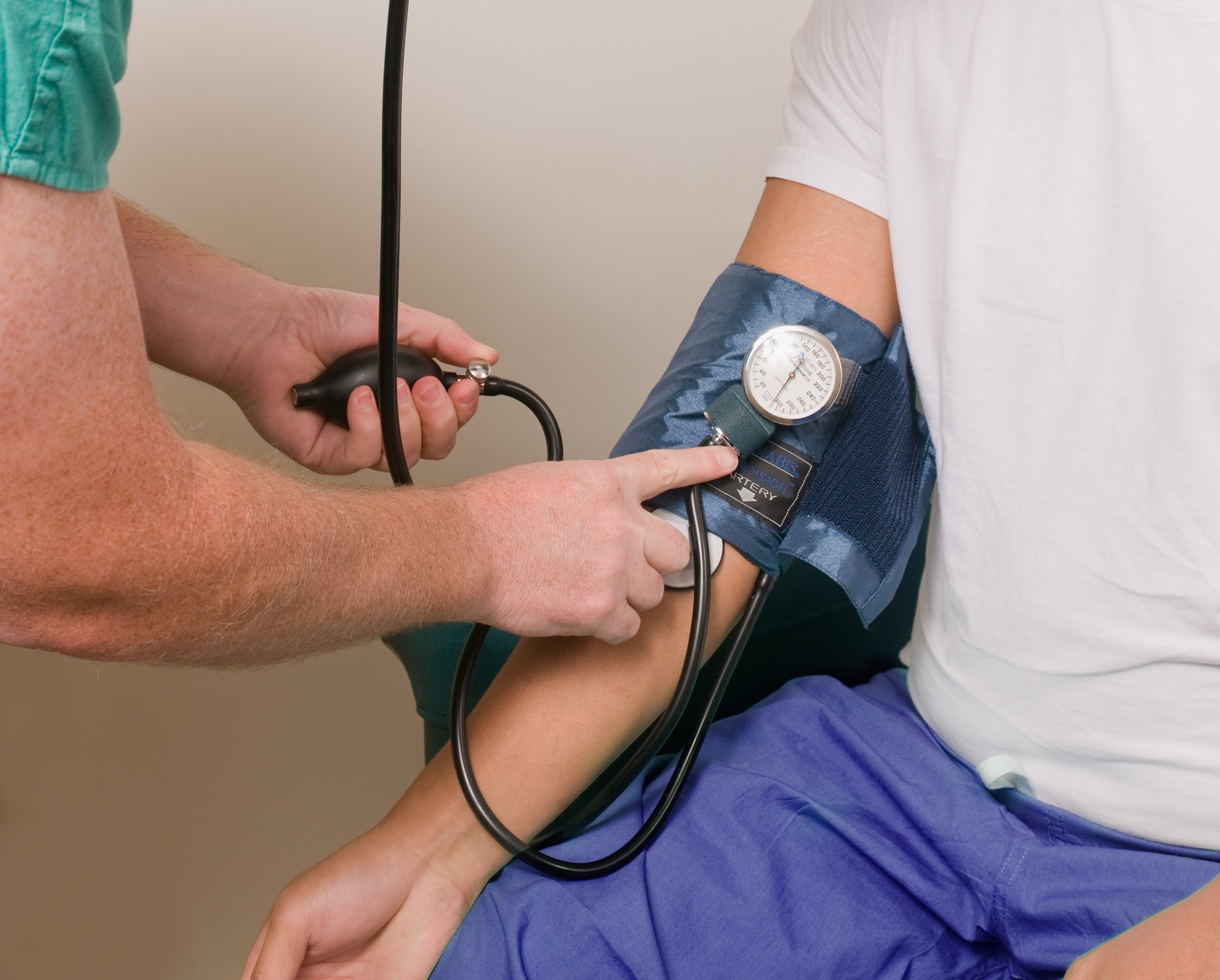
Firefighters tracking their sleep should show their findings to their family doctor. Doctors can help you understand why you’re suffering from sleep issues, diagnosing any disorders you may have and guiding you in treating those disorders. You may have to undergo additional testing like sleep studies, during which you’ll discover new symptoms you may not have known about.
Your doctor can also tell you if they believe you need to see a mental health specialist to treat depression or PTSD, conditions that can be difficult to cope with alone.
4. Sleep Better Off the Clock
Sleep is just as important at home as it is when you’re at the station. When you’re not surrounded by your fellow firefighters and waiting on a call, you can relax better in the comfort of your own bedroom. However, many firefighters still find that they have trouble sleeping when they lay down to rest for the night.
While you can take sleep medicine at home to help you rest, there are many other tips for settling in for the night. For instance, unwind with epsom salts in a hot bath, a proven method for promoting muscle relaxation. You can also try instituting a bedtime ritual to alleviate mind and body stress, such as doing a yoga routine or performing meditation shortly before you lie down.
5. Develop a Wind-Down Plan for the Fire Station
Getting rest at your fire station may seem difficult, but coming up with a way to wind down before you sleep can help signal to your mind that it’s time to calm down. Start by examining your habits before you lay down to sleep in your bunk, then replacing them with typical “going to bed” activities. Some easy pre-bedtime activities that will help you wind down can include:
- Writing in a journal
- Brushing your teeth
- Darkening the room
- Taking a hot shower
- Reading a book or magazine

You can also improve your sleep by avoiding certain things before bed, such as:
- Drinking caffeinated drinks
- Eating sugary or high-carb snacks
- Looking at phone, TV, or computer screens
Another tip includes talking to your bunkmates about helping you sleep better. Ask them to limit conversation with you before bed and to take phone or in-person conversations into the common areas. With some simple modifications to how you prepare for bed, you can get to sleep and stay that way during your shift.
Rest Easier Knowing You Have Easy Access to the Best Firefighting Equipment
Ensuring that you get a good night’s sleep can change everything from how you think during an emergency situation to how much you enjoy your days off from the station. Use this guide to help you get through firefighter sleep problems in a way that’s beneficial, and maybe you can pass your experience along to fellow firefighters struggling with sleep issues.
One of the best ways to get good rest includes knowing that you can rely on your fire and safety equipment when you go on each call. Find the best firefighting equipment and tools at Curtis - Tools for Heroes, a family-owned company with over 90 years in the industry. Fire departments and individual firefighters can find exactly what they need by visiting our website or dropping in at any of our locations in California, Arizona, Utah, or Washington.
Sources:
https://www.ncbi.nlm.nih.gov/pmc/articles/PMC4346644/

